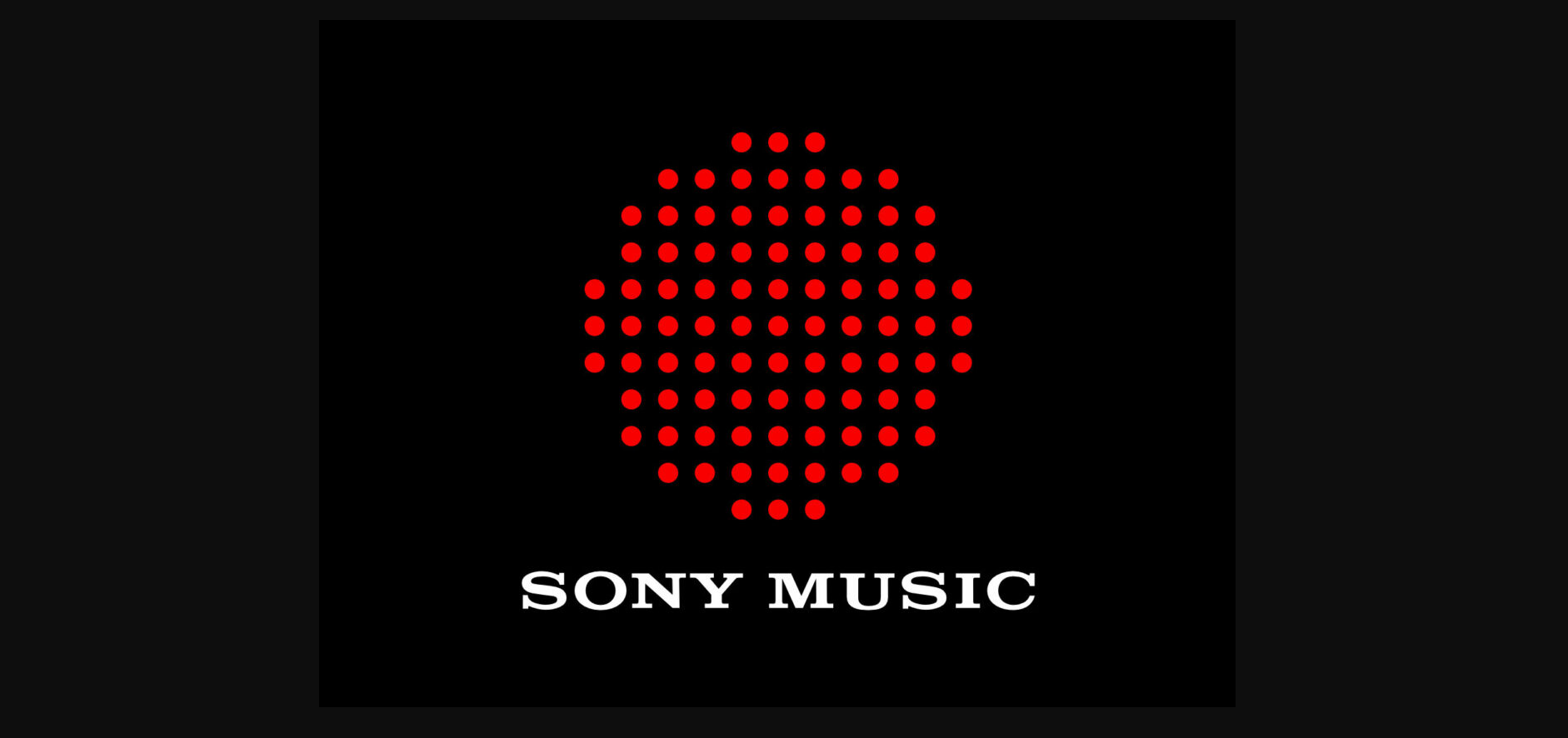Sony Music gives deadline to more than 700 AI companies over unlicensed training data

Sony Music has sent letters to over 700 AI companies, including Google, Microsoft, and OpenAI, asking them to disclose whether Sony's music has been used to train AI systems without permission.
Sony Music, which represents high-profile artists such as Beyoncé, Adele, Lil Nas X and Céline Dion, considers the unauthorized use to be copyright infringement, according to the BBC and Bloomberg.
The letter states that Sony Music has reason to believe that songs it has licensed have been used for AI training purposes without authorization.
The company prohibits the use of its songs to train, develop or monetize AI systems without express permission, as it deprives Sony Music and its artists of control and compensation for their intellectual property, according to the letter.
Sony Music represents major artists including Beyoncé, Adele, Lil Nas X and Céline Dion. The letter states that Sony Music has reason to believe that songs licensed by Sony have been used for training purposes and that copyright infringement has occurred.
The companies contacted have until the end of May to provide information on whether and to what extent they use Sony's data for AI training. While Sony Music does not rule out releasing the data in principle, it would only do so if properly licensed, the company said.
There is still no clear legal basis for using data to train AI
It's likely that advanced music generators such as Suno or Udio have been trained on copyrighted material, as they can reliably imitate the vocal and instrumental styles of very well-known bands. The same could be true for speech and music features in Google, OpenAI products, and more.
However, whether the training of AI is a transformative "fair use" of the data, or simply data theft, has not yet been legally resolved. It is the same debate that exists with other generative AI systems that have likely been trained on unlicensed data, such as text, image, and video systems.
Court cases on this topic are pending worldwide, and regulators, particularly in the EU, are trying to bring more transparency to AI through new laws. However, there is currently no binding, internationally recognized case law on the matter.
Some well-known artists recently protested against music generators in an open letter, calling them the death of human creativity.
Other artists, such as Will.i.am, see the generators as having the potential to enable more human creativity at a time when commercial music production is increasingly driven by algorithms. Will.i.am is an investor in Udio.
AI News Without the Hype – Curated by Humans
As a THE DECODER subscriber, you get ad-free reading, our weekly AI newsletter, the exclusive "AI Radar" Frontier Report 6× per year, access to comments, and our complete archive.
Subscribe nowAI news without the hype
Curated by humans.
- Over 20 percent launch discount.
- Read without distractions – no Google ads.
- Access to comments and community discussions.
- Weekly AI newsletter.
- 6 times a year: “AI Radar” – deep dives on key AI topics.
- Up to 25 % off on KI Pro online events.
- Access to our full ten-year archive.
- Get the latest AI news from The Decoder.